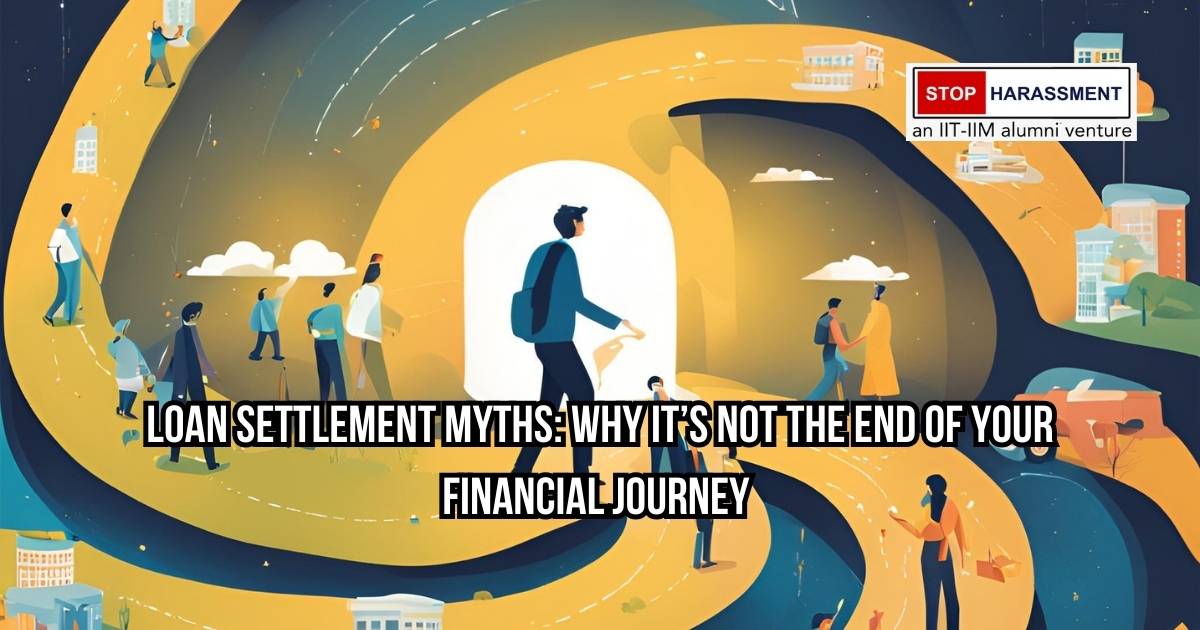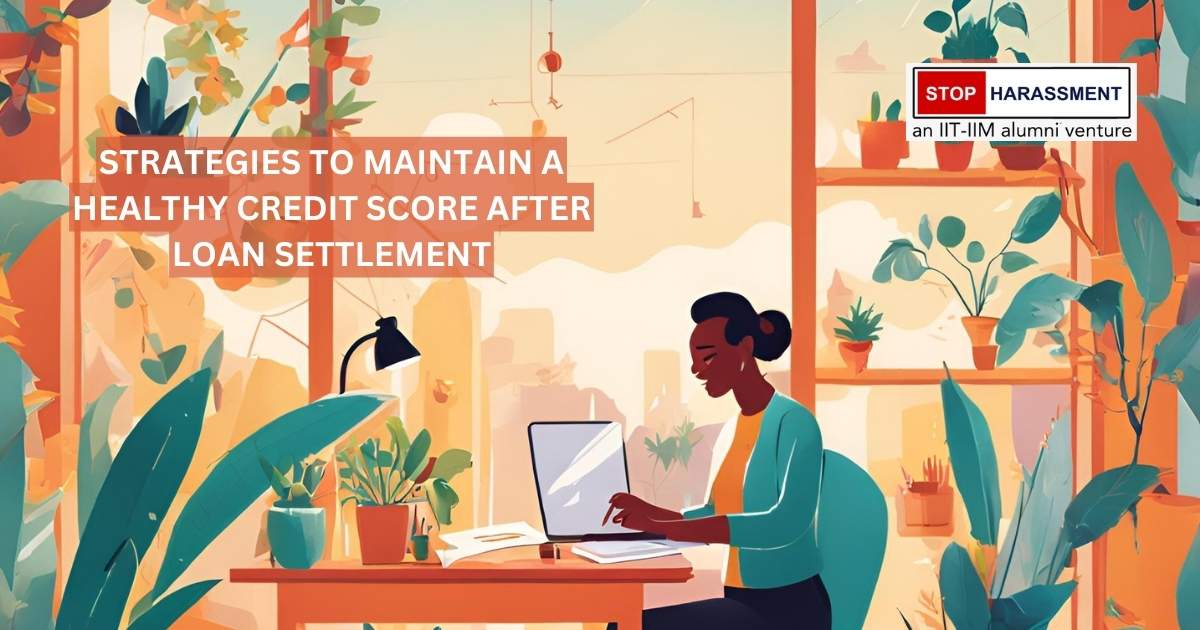· Financial Guidance · 5 min read
Guarantor's Rights: What to Do if the Primary Borrower Defaults
Understanding your rights as a guarantor is essential, especially when the primary borrower defaults. This guide covers key rights, protections, and steps you can take to avoid harassment or undue financial burden, helping you make informed decisions and protecting yourself legally.

When someone applies for a huge loan in India, banks usually ask someone to stand as a guarantor against these huge loans as security. They agree to repay the money if the borrower defaults. However, this is a big responsibility, and it is important to understand one’s rights as a guarantor. In this blog, we discuss the guarantor’s obligations when the borrower defaults, the guarantor’s rights if the borrower wants to settle or cannot repay the loan, and how the guarantor can deal with such situations.
Who is a Guarantor?
A guarantor is someone who agrees to pay the amount if the borrower fails to repay the loan. This helps the bank to mitigate the risk of default. Banks frequently seek guarantors for high-risk loans such as business or commercial loans. By choosing to be a guarantor, the guarantor guarantees the bank that they will step in and fulfill the financial responsibilities if the primary borrower fails to repay the loan.
Under the Indian Contract Act of 1872, the guarantor’s duty is often secondary to that of the primary loan holder, which means the guarantor is liable only if the primary holder of the loan defaults or is not in a position to pay back the loan amount.
Rights as Guarantor
In case the borrower fails to repay the loan, a guarantor has certain rights. Although guarantors have obligations, they also have rights, particularly if the bank breaches them. Under Indian law, guarantors enjoy the following rights and protections:
Right to Inform - When the borrower fails to pay the EMIs, the bank must notify the guarantor as well. This is important for the bank, as the guarantor can contact the borrower to ensure that payments are made on time and avoid default. If the guarantor indirectly learns about missed payments or defaults, they must request an official update from the bank in writing, either via email or post.
Right to Receive Notice - If a bank decides to deal with a guarantor, it needs to do so properly. This includes providing legal notice and sending warnings through letters. Banks are required to create formal communication with the guarantor if they’re unable to connect with the borrower regarding the legal obligations.
Right to Freedom - If the original borrower requests settlement, the guarantor should be informed of the same. After fulfilling the obligation, the guarantor is released from their duties. It is necessary for the guarantor to obtain a No Objection Certificate (NOC) from the bank after the settlement of the account to ensure no further obligations are left towards the loan.
Right to Receive Loan Documents - As a guarantor, you are entitled to a copy of the loan agreement, EMI plan, and other loan-related documents from the bank. These documents might help you to comprehend the agreement and confirm your duties. Understanding the loan’s terms and conditions can assist a guarantor in making the right decision.
Can Bank Members Harass Loan Guarantors?
The RBI has strict and clear restrictions regarding harassment of loan defaulters, including guarantors. Banks should avoid using harsh language and should not threaten the family members of the borrower or the guarantor. They should be professional and respectful towards the client’s privacy.
According to RBI rules, bank agents can call a borrower’s guarantor only if the original borrower is unavailable. The bank agents cannot visit them at home or work without permission. Any calls or visits at odd timings should be reported to the bank’s complaint department or bank supervisor. If a customer is harassed by bank agents, they have the right to escalate the situation by filing a complaint with the bank’s complaint handling department. If the problem continues, customers can take legal help.
There are several ways the guarantor can protect themselves:
Record All Interactions - Record all communications with the bank and its representatives, including emails, messages, and phone calls. This material may be used to support the complaints.
Formal Complaint - Submit a formal complaint to the bank grievance cell and explain the problem. Remember that becoming a guarantor is risky because it might harm your financial health and credit rating if the borrower fails to repay the loan. Most banks have a dedicated department to handle customer complaints and respond within a certain time frame.
Contacting the Banking Ombudsman - If the bank is unable to resolve the problem properly, the guarantor can file a complaint with the Banking Ombudsman as well.
Legal Actions - As a last resort, guarantors can take legal action. They can also seek legal advice to see if other protective measures are necessary. Being a guarantor comes with responsibility, but it doesn’t mean you don’t have rights.
Conclusion
It is important to understand your rights so that you do not face any abuse or harassment from the lender. Banks are required by the law to follow legal procedures and may not interfere with guarantors. If you find yourself in a scenario where the borrower is having difficulty paying or negotiating a settlement, be aware of your rights and seek legal counsel if required. Remember that becoming a guarantor is risky because it might harm your financial health and credit rating if the borrower fails to repay the loan.



